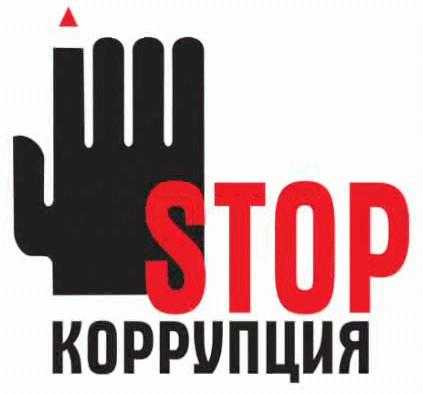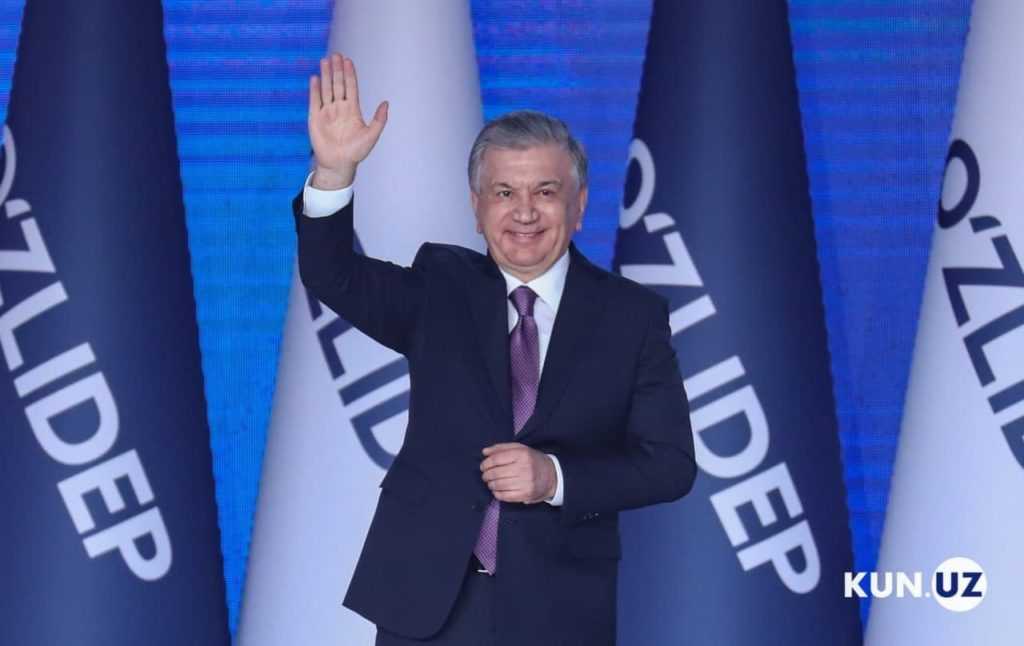Shavkat Mirziyoyev became the fourth president of Uzbekistan in 2016, following the death of Islam Karimov. Since then, he has embarked on a series of reforms aimed at liberalizing the economy, improving human rights, and strengthening Uzbekistan’s regional and international ties.
Activities
Mirziyoyev’s activities as president have been wide-ranging and have included:
- Economic reforms: Mirziyoyev has taken steps to liberalize the Uzbek economy, including reducing bureaucracy, improving the investment climate, and privatizing state-owned enterprises. He has also focused on developing the country’s infrastructure and agriculture.
- Human rights reforms: Mirziyoyev has made some progress in improving human rights in Uzbekistan. He has released political prisoners, relaxed restrictions on the media, and improved freedom of religion. However, there is still much room for improvement, and human rights groups have criticized Mirziyoyev for failing to go far enough.
- Regional and international diplomacy: Mirziyoyev has actively engaged in regional and international diplomacy. He has improved relations with Uzbekistan’s neighbors, including Tajikistan, Kyrgyzstan, and Turkmenistan. He has also strengthened ties with Russia, the United States, and the European Union.
Reforms
Some of the specific reforms that Mirziyoyev has implemented include:
- Economic reforms:
- Reducing bureaucracy and streamlining administrative procedures
- Improving the investment climate by reducing taxes and regulations
- Privatizing state-owned enterprises
- Developing the country’s infrastructure and agriculture
- Human rights reforms:
- Releasing political prisoners
- Relaxing restrictions on the media
- Improving freedom of religion
- Regional and international diplomacy:
- Improving relations with Uzbekistan’s neighbors
- Strengthening ties with United States, and the European Union
Achievements
Mirziyoyev’s reforms have had a number of positive achievements, including:
- Economic growth: The Uzbek economy has grown steadily under Mirziyoyev’s leadership. In 2022, the economy grew by 5.7%, according to the World Bank.
- Reduced poverty: The poverty rate in Uzbekistan has declined from 22.5% in 2016 to 11.9% in 2022.
- Improved human rights: There has been some progress in improving human rights in Uzbekistan under Mirziyoyev. For example, the number of political prisoners has decreased and there has been greater freedom of expression.
- Improved regional and international relations: Uzbekistan has improved its relations with its neighbors and strengthened ties with United States, and the European Union.
Prospects
The prospects for Uzbekistan under Mirziyoyev’s leadership are positive. The economy is growing, poverty is declining, and human rights are improving. However, there are still some challenges that need to be addressed, such as corruption and a lack of transparency.
Overall, Mirziyoyev has made significant progress in reforming Uzbekistan since becoming president in 2016. His reforms have had a number of positive achievements, including economic growth, reduced poverty, and improved human rights. The prospects for Uzbekistan under Mirziyoyev’s leadership are positive, but there are still some challenges that need to be addressed.
Activities:
- Diplomatic Outreach: President Mirziyoyev initiated a series of diplomatic efforts to improve Uzbekistan’s relations with neighboring countries. He focused on fostering regional cooperation, particularly with Central Asian nations, and worked towards resolving long-standing disputes.
- Economic Reforms: He implemented a range of economic reforms to attract foreign investment, promote privatization, and reduce bureaucracy. These reforms aimed to improve Uzbekistan’s business climate and stimulate economic growth.
- Agricultural Modernization: President Mirziyoyev prioritized the modernization of Uzbekistan’s agriculture sector, with a focus on increasing productivity and efficiency. This included measures to improve irrigation systems and promote crop diversification.
- Social Reforms: He initiated social reforms aimed at improving the quality of healthcare, education, and public services in Uzbekistan. These efforts were geared towards enhancing the overall well-being of the population.
- Security and Counterterrorism: President Mirziyoyev took steps to strengthen security and counterterrorism measures in the country, seeking to address security challenges while maintaining political stability.
Reforms:
- Liberalization of the Economy: Mirziyoyev’s government introduced measures to liberalize the economy, including currency reforms, reducing state control over various industries, and encouraging private sector development.
- Tourism Promotion: Uzbekistan launched an aggressive campaign to promote tourism, making it easier for foreign tourists to visit the country by simplifying visa procedures and enhancing tourist infrastructure.
- Media Freedom: The government took steps to improve media freedom by allowing more diverse and independent voices in the media landscape, although some restrictions remained.
- Rule of Law: Reforms aimed at improving the rule of law, including judicial and legal system reforms, were introduced to enhance transparency and accountability.
Achievements:
- President Mirziyoyev’s efforts in diplomacy and regional cooperation helped ease tensions with neighboring countries, leading to increased trade and connectivity in Central Asia.
- Uzbekistan experienced significant economic growth and attracted foreign investment due to its economic reforms and improved business climate.
- The country saw an increase in tourist arrivals, thanks to the tourism promotion campaign, which boosted the tourism industry and contributed to economic growth.
- Reforms in agriculture improved food security and reduced the country’s reliance on cotton monoculture.
Prospects: The prospects for Uzbekistan under President Shavkat Mirziyoyev were generally positive as of 2021. His continued efforts to reform the economy, promote regional cooperation, and improve the quality of life for Uzbek citizens were expected to yield further positive results. However, challenges remained, including the need to address issues related to corruption, human rights, and political freedoms, as well as the evolving geopolitical dynamics in Central Asia.

